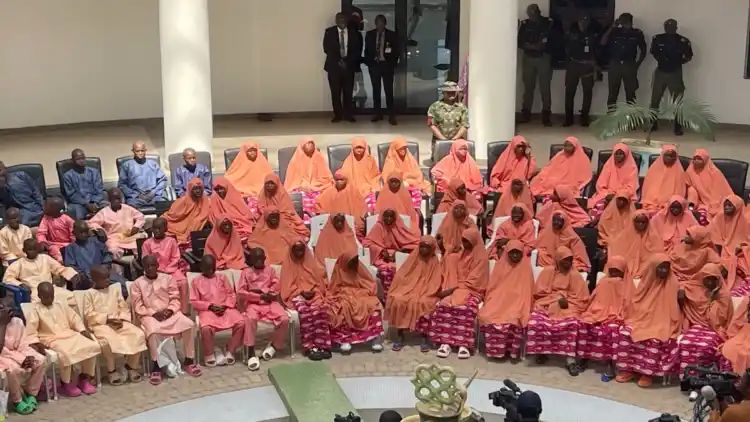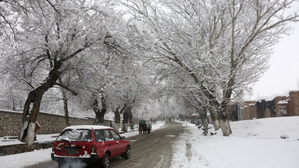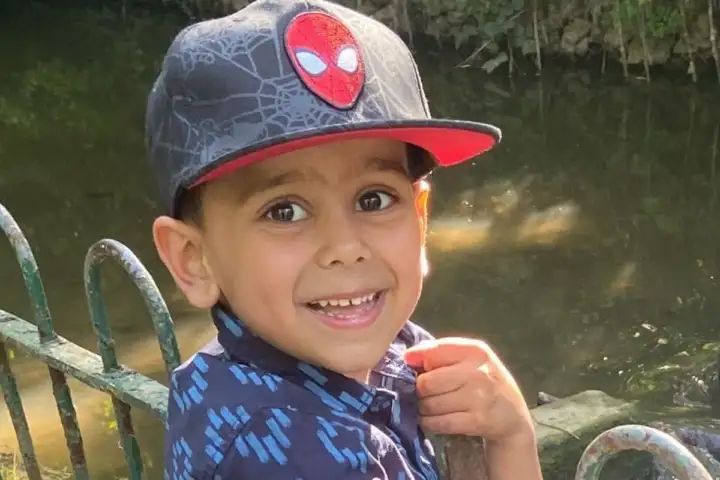More than 130 abducted schoolchildren in Nigeria are returning home after weeks in captivity

Following the most recent in a string of widespread school abductions in the West African country, more than 130 Nigerian kids were freed after more than two weeks in captivity and arrived on Monday in their home state in northwest Nigeria ahead of their expected family reunions.
According to military sources, one staff member who was kidnapped along with the youngsters passed away while being held captive, and six of the 137 pupils are still being treated in the hospital.
On March 7, armed men riding motorcycles abducted the students from their school in the isolated Kaduna state town of Kuriga, setting off a massive rescue effort. The military found them on Sunday in a forest in the neighbouring state of Zamfara, some 200 kilometres (more than 120 miles) to the north. No information regarding the rescue has been released by the authorities, nor has it been stated if any suspected kidnappers have been apprehended.
The pupils, many of whom were younger than ten years old, were brought on Monday to the Kaduna State Government House wearing their first outfit change since being abducted. They also had newly trimmed hair and well-made clothes and shoes.
Several of them appeared to have travelled great distances on foot while being held captive, as shown by their injured feet.
The six children still in hospital will be made available “as soon as the doctors have certified them fit enough,” Maj. Gen. Mayirenso Saraso, a military chief in Kaduna, said while handing them over to the government.
Information Minister Mohammed Idris told reporters in the Nigerian capital, Abuja, that no ransom was paid for the children’s freedom and that their kidnappers “will be fished out by the security agencies and will never go unpunished.”
Arrests are rare in Nigeria’s kidnapping crisis as most victims are released only after ransom payments by their families or through deals that sometimes involve the release of their gang members. The Nigerian government, however, does not admit to such deals.
School authorities originally had told the state government that a total of 287 students were kidnapped during the attack. However, Kaduna Gov. Uba Sani said only 137 are confirmed to have been seized.
“We are here today happily and celebrating the safe return of our children. They will soon be with their family and their parents,” Gov. Sani said.
Their parents were not available to receive them and authorities did not allow the schoolchildren to speak to reporters. The Associated Press could not reach families in Kuriga town, which does not have cellphone service.
But one parent on Sunday spoke of their sleepless nights as they waited for the return of the children.
“We were traumatized throughout the absence of our children. Our children were away in the bush, with no food, and no good water,” said Jubril Kuriga, whose 9-year-old daughter was among the children kidnapped.
At least 1,400 students have been kidnapped from Nigerian schools since the 2014 kidnapping of 276 schoolgirls by Boko Haram militants in Borno state’s Chibok village shocked the world. In recent years, abductions have been concentrated in the country’s conflict-battered northwestern and central regions, where dozens of armed groups often target villagers and travelers for ransom.





